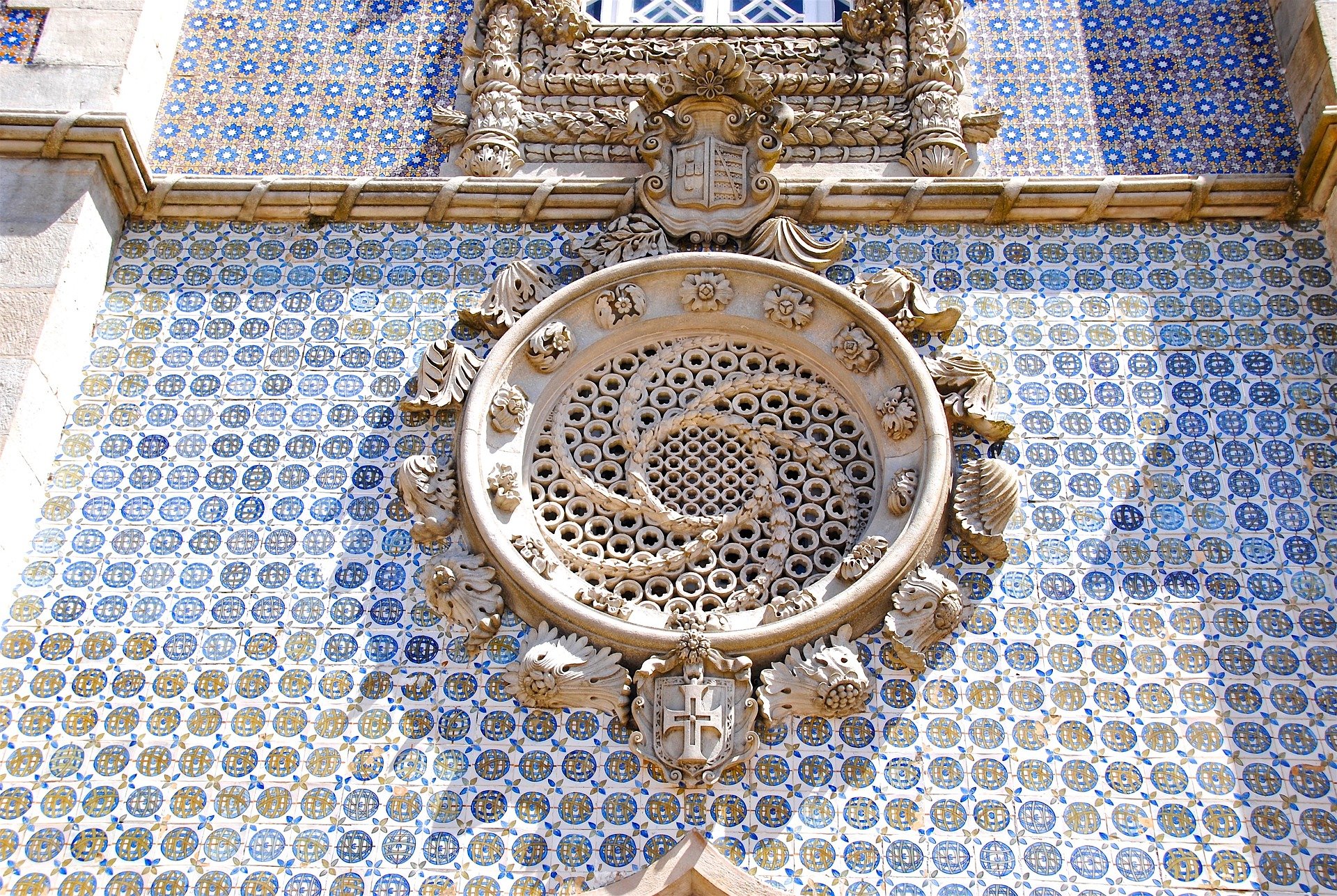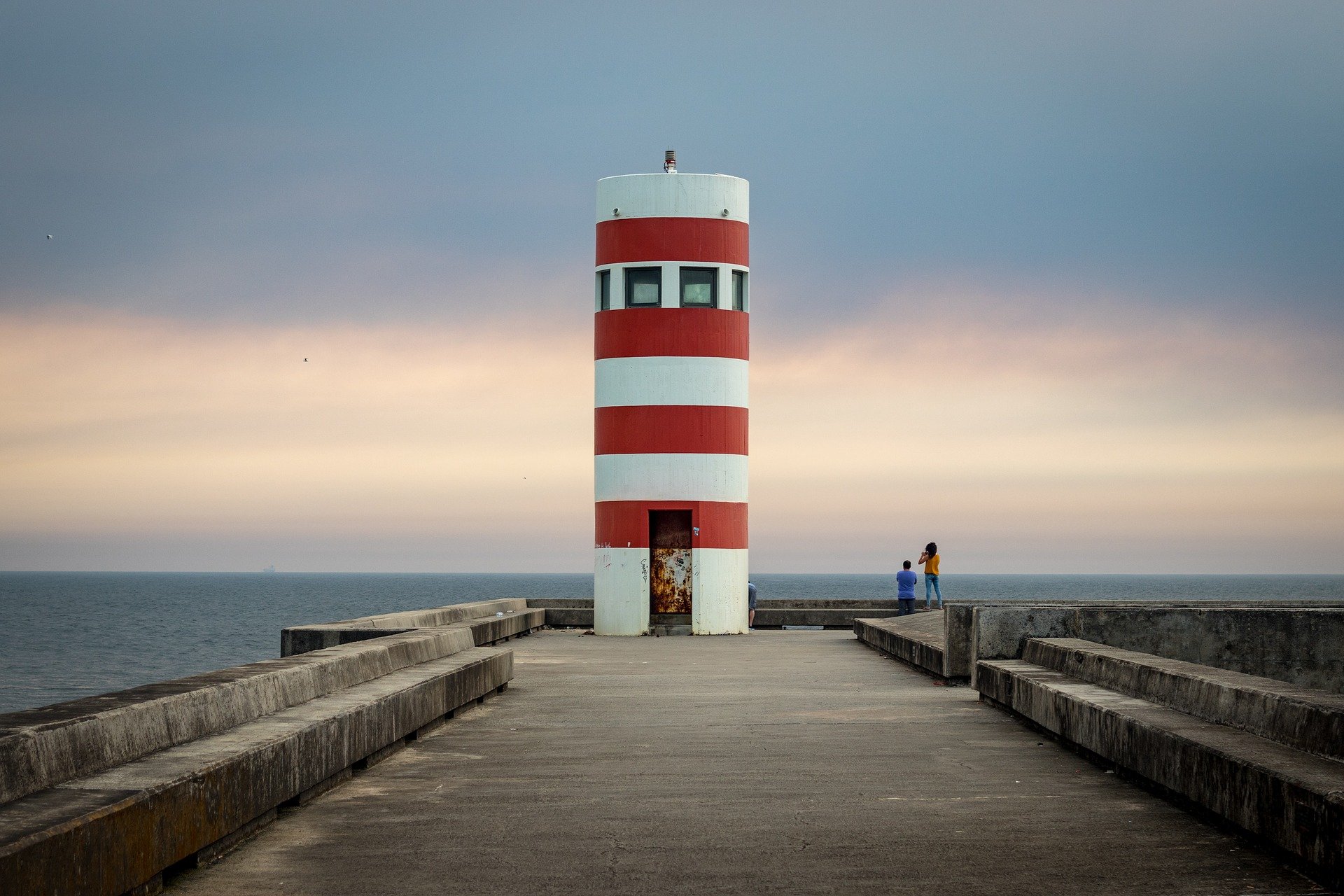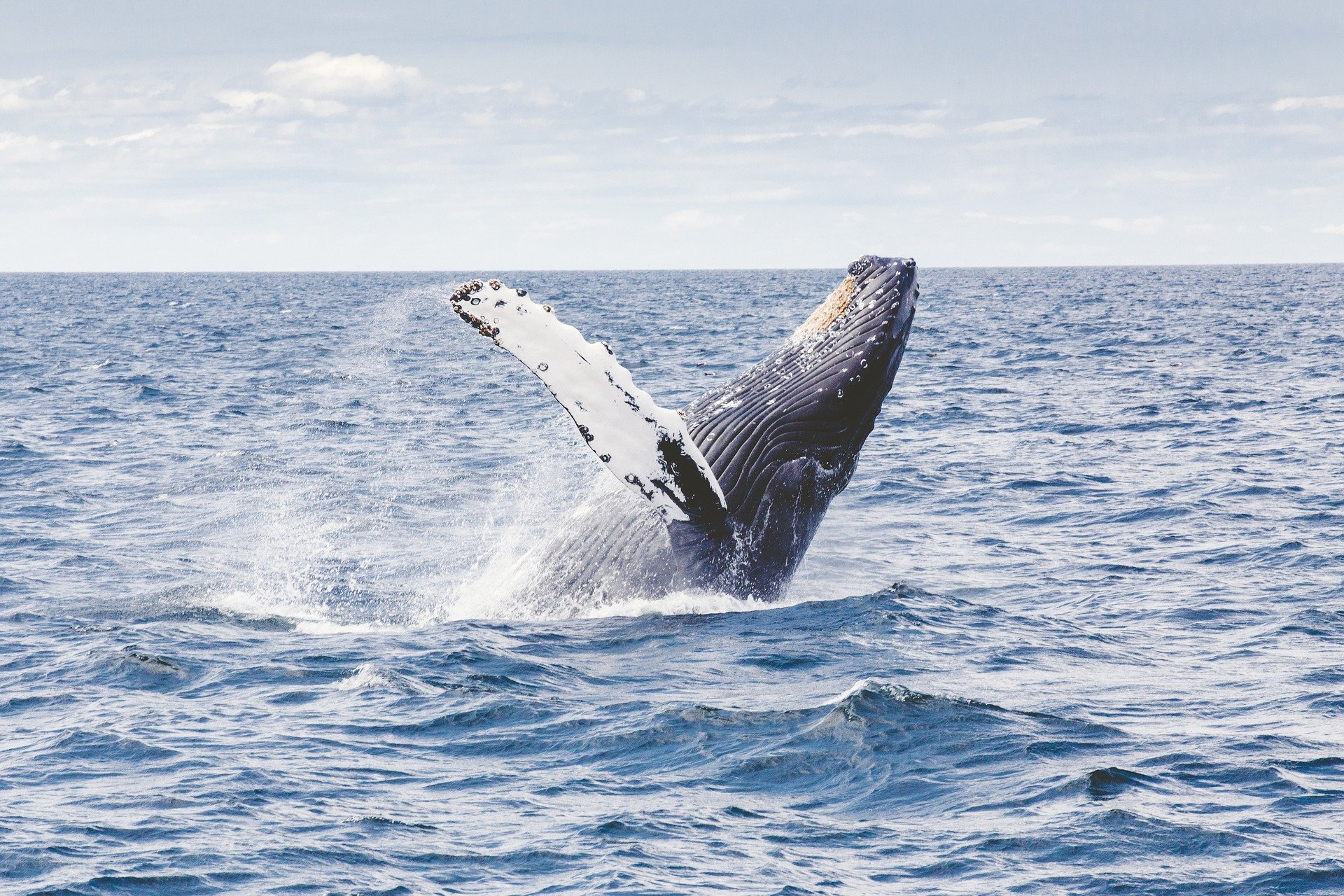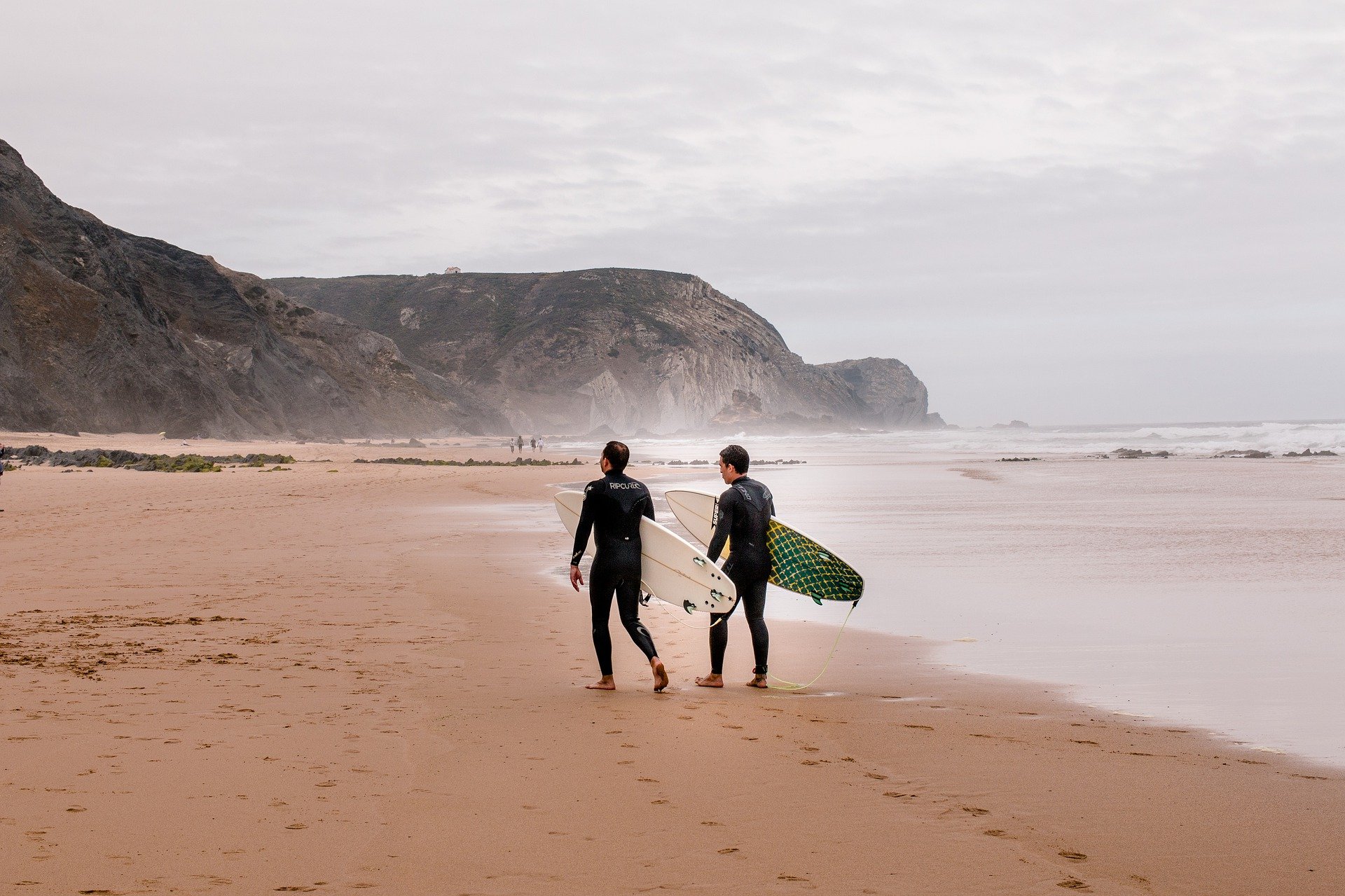Portugal
Sports and adventures
Here are the sports and adventures we recommend in this destination.
For more details about sports click here.
Portugal is ideal for many sports thanks to its geographical conformation, that offers mountains, sea, rivers, countryside.
- On the coasts you can surfing, kitesurfing, water skiing, diving, …
- In the tributaries of the Douro River and in Madeira it’s possible canyoning, rafting and canoeing
- The mountain bike rides in the Geres mountains are fantastic
- In the Algarve there are beautiful quad excursions and horseback riding
- …
Experiences
Here are some of the unique and exciting experiences you could live in this destination:
- Practice SUP (stand up puddle) Tour in the cave of Benagil, in the Algarve, a natural wonder thanks also to its “window on the sky”, formed by a circular opening on the rock roof.
- Canyoning and canoeing or hiking on the granite peaks, but also walks to admire medieval castles, monasteries and sanctuaries in the Peneda-Gerês National Park.
- Whatch dolphins and the magic of biodiversity in the Reserva Natural do Estuário do Sado.
- Relax in Ilha de Tavira, an island of Parque Natural da Ria Formosa with sand dunes, a strip of forest and many points reachable only by boat.
- Visit the Azores, a volcanic archipelago considered one of the last naturalistic paradises in Europe. Craters, lakes, luxuriant vegetation, ever-present whales and dolphins, mountains, sources of sulphurous waters, fumaroles, flowers throughout the year and ancient traditions are only part of what awaits you.
- Attending a bullfight, which here doesn’t end with the killing of the bull, with its horns popped, but with its immobilization by the forcados.
- Taste the typical cuisine, which is very varied and tasty.
- …
What to see
Here’s what to see during the trip to Portugal:
In addition to the sports and adventures mentioned above, Portugal offers wonderful cities that are absolutely worth visiting:
Lisbon: it’s a very typical seaside city, with old vintage streets and landscapes and glimpses for the best Instagram profiles. It’s a city to be visited but also where to live, especially from sunset on, with a walk on the sea, a drink in the Princip Real district, a dinner based on local specialties, and then ending the evening at Barrio Alto, the neighborhood of night fun.
Sintra: for lovers of unusual places and surfing. It’s a small town surrounded by a forest a few kilometers from the sea. Now a UNESCO World Heritage Site with its magnificent historic buildings. Undisputed destination for surfers is Praia Grande, a beach where, being very exposed to the wind, perfect waves are formed, especially during the winter. It’s possible to visit the vineyards and taste wines from the area called Colares. Another place not to be missed is Cape Rock, the westernmost point of Europe.
Porto: characterized by red roofs and typical Azulejos, ceramic tiles decorated with blue and white designs, Porto is an harmonious fusion between the social life of restaurants and discos and the history and culture of cathedrals, churches and museums.
Cabo de Roca: It’s a steep cliff of 140 meters overlooking the Atlantic, one of the wildest places in Portugal. Green fields covered with heather that throw themselves into the impetuous sea, in the distance you can admire the jagged coast, … a landscape that enchants.
Nazarè: not to be missed for those who love seaside villages. Here there are still fishermen with black caps mending nets, oxen pulling boats dry, mounts with scarves on their heads, flounced skirts and clogs that rent rooms for a few euros, gigantic portions of shrimps and crabs in fish restaurants, colorful beach tents to shelter from the strong wind, narrow alleys, cliffs and sunsets make it an unforgettable destination.
Èvora: collected within a city wall, the city, a Unesco heritage, winds through narrow alleys with bizarre names, such as Vicolo del Malrasato, Via del Sarto della Contessa and Piazza del Signore dei Terremoti. It riminds an Arab medina with its white houses and crenellated terraces, but then you get to the Roman Temple of Diana.



Nature
The numerous parks and the sea make Portugal one of the favourite destinations for nature lovers, even the wildest one.
Here are the main areas worth visiting Portugal:
Peneda-Gerês National Park: offers a mountain landscape where unique species such as the wild garrano horse or the Castro Laboreiro dog grow. In this area there are still villages of community traditions, the populations share work activities and tools.
In the Alvão Natural Park, rivers flow among the rocks, forming spectacular waterfalls and making this park an ideal destination for rafting or canyoning.
Serra da Estrela, with its imposing massifs, is the park where you can practice all kinds of sports activities, both in summer and in winter, such as hiking, mountain biking, climbing, canoeing, …
Food and Wine
What you could eat and drink in this country
Portugal is one of the main food and wine destinations in Europe.
His cusine is full of fresh and tasty foods.
Fish ranks first, especially cod and octopus, but there is no shortage of meat and cold cuts and cheeses.
Portugal is also famous for its confectionery tradition.
Taste the soups: hot-green the most common, with cabbage, potatoes, sausage; in summer the cold gaspacho of vegetables; and to the sea, fish soups.
The cod is everywhere, “cooked in as many ways as the days of the year”, as the Portuguese say, but they cook fish, molluscs and crustaceans as well.
The meats are beef, pork, goat. Also famous is the grilled chicken (marinated with oil and chilli pepper). One of the traditional dishes is the carne de porco and alenteja (pork and clams).
As for the wine aspect, we recommend the Port, in all its variants, always fortified with brandy, and the Vinho Verde, white, light, dry.



When to go
Although small, Portugal has strong climatic differences between the north (mild and rainy in autumn) and the south (warmer and drier), and also between the coast and the interior (more continental). Temperate and humid climate also in the Azores and subtropical in Madeira.
However, it’s practicable all year round, even in winter, without significant inconvenience.
However, the best seasons are spring and autumn because the weather is ideal, there are fewer people and the prices of flights and hotels are lower than in summer.
Information
Language: Portuguese; English is also spoken in tourist areas.
Currency: euro – € – EUR
Capital: Lisbon
For up-to-date and detailed information visit www.viaggiaresicuri.it
Some tips
Historically, Portugal and Spain don’t get along well. So, avoid turning to a Portuguese in Spanish: the best reaction will be no answer.
There is also total disagreement about meal times: while in Spain they have lunch at 3 pm and dinner at 10 pm, in Portugal they have lunch shortly after noon and dinner at 7-7.30 pm.
Do you like this destination?
Do you want to visit it with us on a discovery tour?

